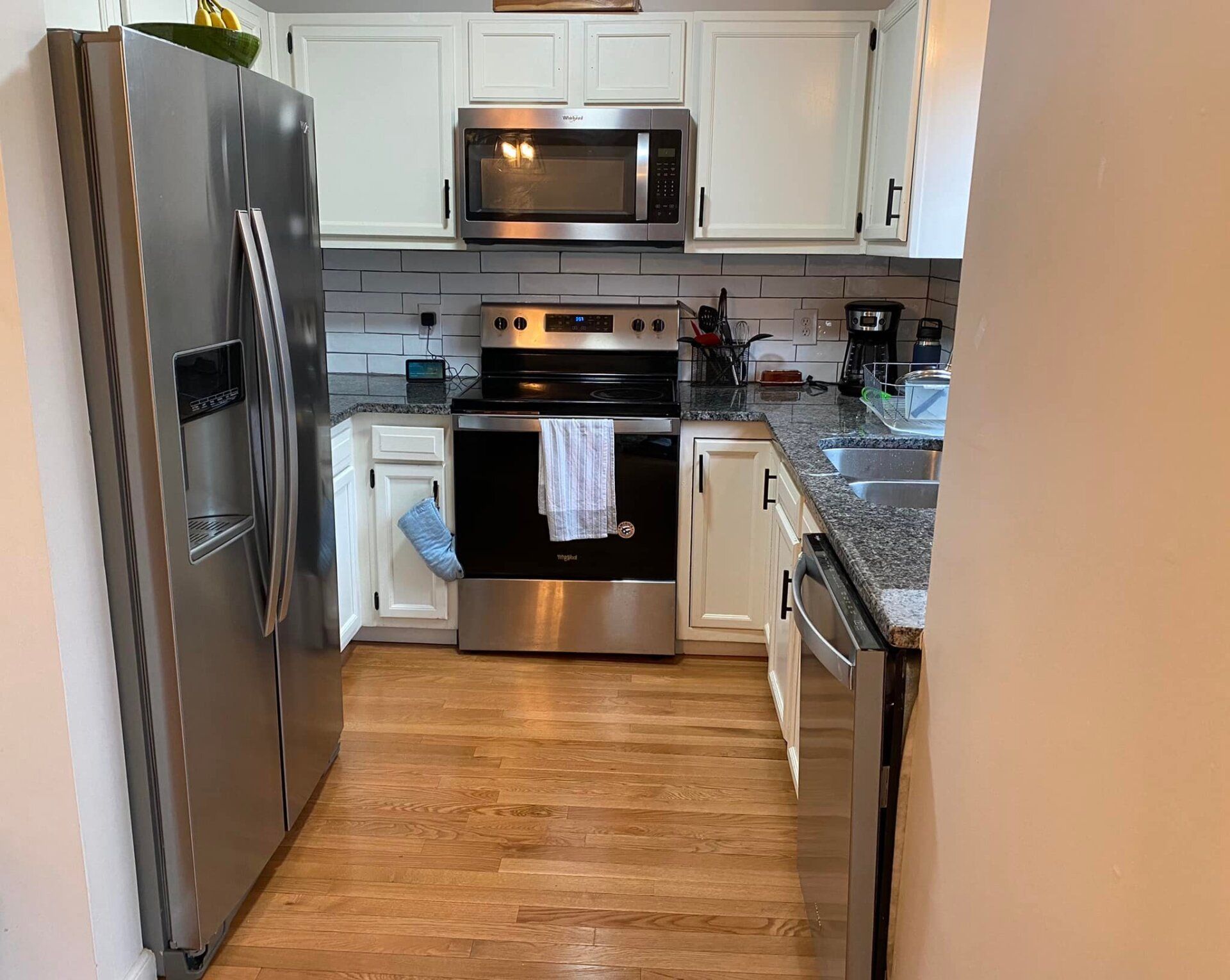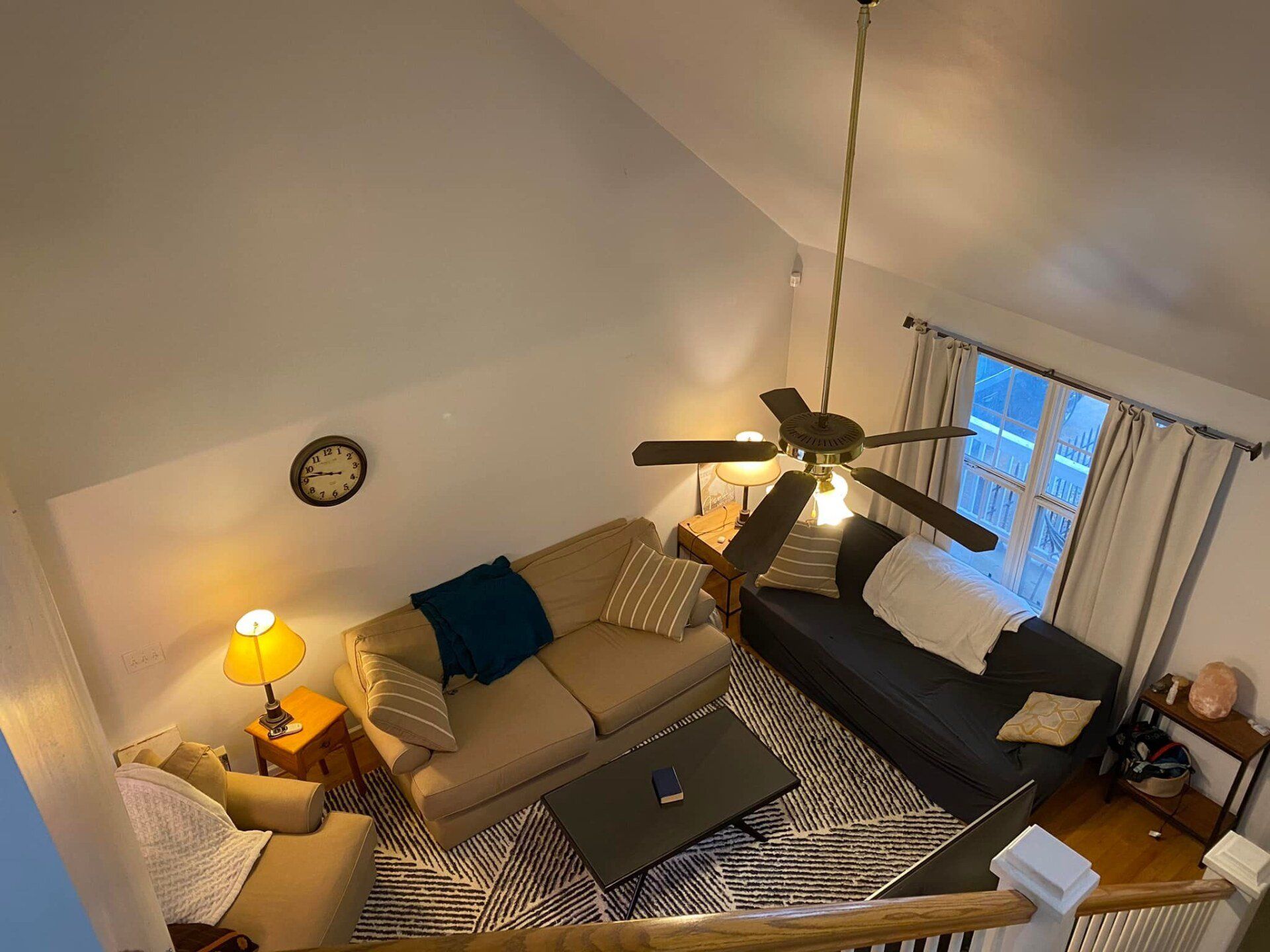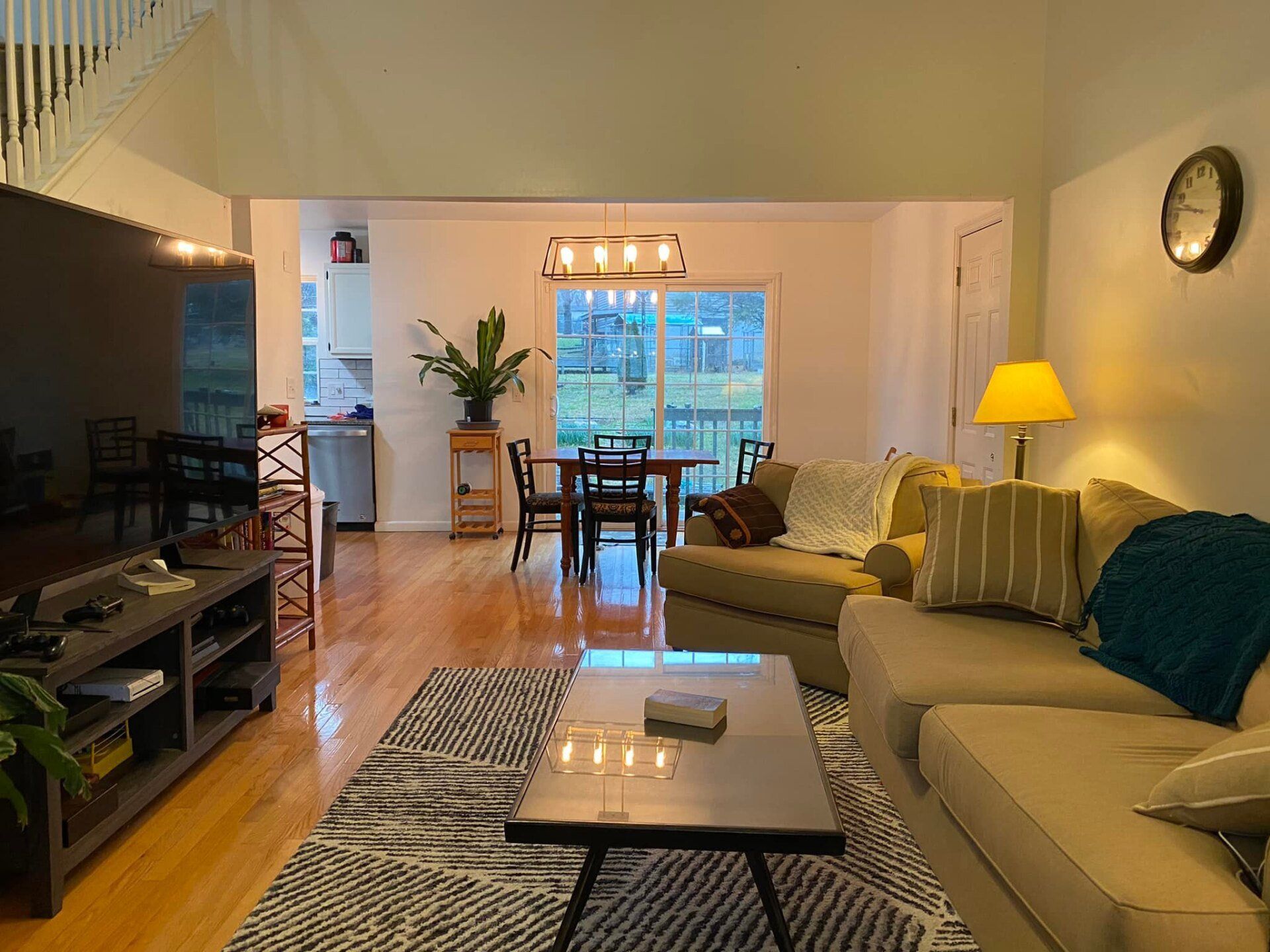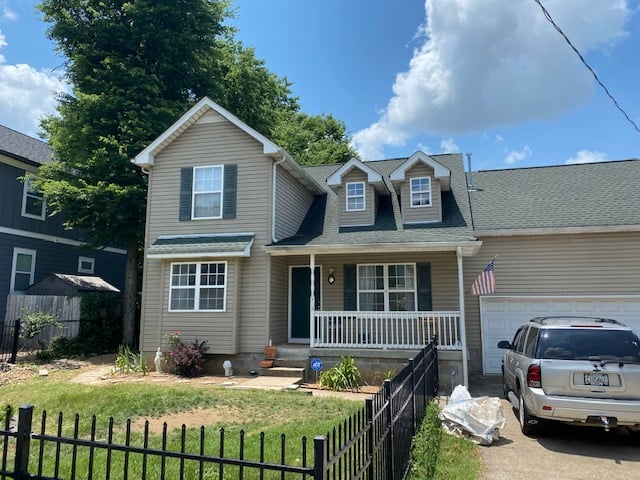What is Sober Living?
Sober living is the recommended next step after someone completes a residential treatment program. Also called a halfway house, Next Steps Recovery prefers the term recovery housing. Recovery housing is the bridge from an intensive treatment program to the real world and a critical part of long-term sobriety.
Sober living homes help addicts/alcoholics incorporate the tools they were taught in treatment into the world around them. Here they will be able to learn from their predecessors and integrate smoothly back into society. Recovery housing has guidelines, responsibilities, structure, and a community to ensure that addicts and alcoholics are held accountable, safe, and stay on track in their recovery journey.
Do I have to complete a Residential Treatment program before attending?
Do I have to complete a Residential Treatment program before attending?
No, the only requirement is to be committed to staying clean and sober as well as being able to pass a drug/breathalyzer test. Regardless of if you start your early days of recovery in treatment centers or on the streets, recovery housing is a critical step for not falling back into old behaviors and relapsing. Next Steps Recovery does not discriminate against who you are or where you started, as long as you have a desire to live a life without drugs and alcohol.
Why Recovery Housing?
It is extremely important for early recovery because people are a lot more vulnerable than they think. Taking away the substances is the crucial first step, but rewiring the brain takes time. Learning how to respond rather than react to the challenges and hardships life throws at you is the next step to long-term recovery. In treatment centers, residents have constant structure and are kept busy and supervised. Leaving a treatment center and immediately being given full reign over your life without any accountability is a disaster waiting to happen. Sober living offers both the freedom to live one's life while providing the proper environment, support, and accountability to make sure people don't deviate from their recovery.
In addition to building a solid foundation for your recovery, sober living helps people in early recovery build practical skills and offers support on things such as finding jobs, doctors, gym memberships, sponsorship, meetings, and other resources to benefit mental health and long-term recovery. Staying busy is crucial and a lot of people early on may lack direction, motivation, and experience. A beautiful component behind recovery housing is how much support and knowledge addicts/alcoholics have at their disposal. Just about everyone was in a similar boat to the struggles you or a loved one may face in the very beginning.
Spending adequate time in recovery housing has shown to lead to a better chance of long-term recovery, as opposed to addicts/alcoholics completing a program and trying to do it all on their own. The proper atmosphere with like-minded people wanting to recover will make it so you never have to feel alone. Community and fellowship are crucial, especially in early recovery.





